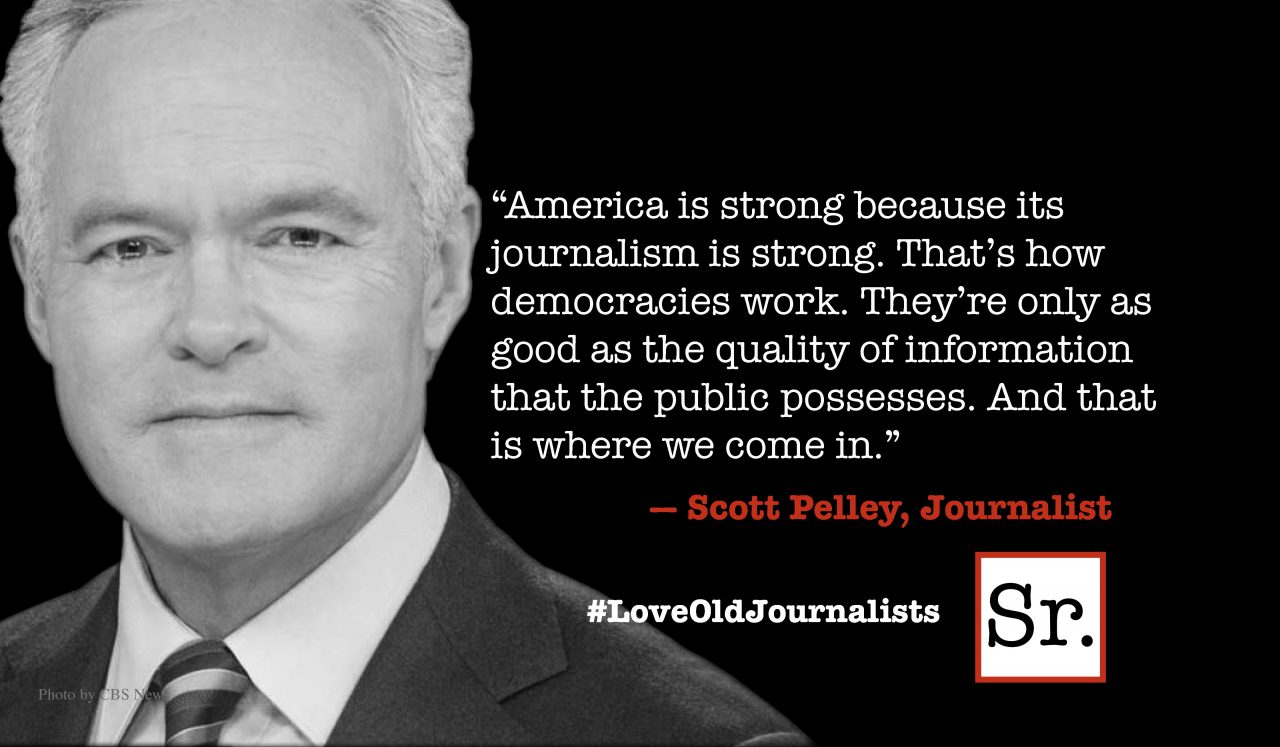This week a reader asked me, “Do children have any rights?”
Yes. Children have rights. First, there is their right to be loved unconditionally by the adults who share primary responsibility for their upbringing. I trust we’re all on the same page so far. Children also have a right to be raised by adults who are competent authority figures. Such parents ensure their child’s obedience by communicating unequivocal expectations, rather than manipulate them through rewards and punishments. Research by developmental psychologist Diana Baumrind shows how obedient children are happier, by far, than children who oppose authority at every turn.
Children also have a right to be confident that the significant adults in their lives will always, under any circumstance, adequately provide for their needs and protect them from harm. Children have a right to parents who uphold personal responsibility, show compassion toward others, and exhibit humility.
Children have a right to parents, and teachers, who will tell them the truth about themselves—who will tell them when they have behaved badly, underperformed, or downright failed. Along those same lines, children have a right to fail and the right to learn from their mistakes
Children have a right to parents and teachers who will set the bar, whatever it might be measuring, high enough to require significant effort, but never so high as to guarantee failure.
Children have a right to be given the opportunity to lear that personal liberty and personal responsibility are directly related. This simple but brilliant understanding sustains relationships, communities, and culture.
Children have a right to a good amount of discretionary time during which they are free to discover their own likes and dislikes, independent of adults.
They have a right to understand that authority figures are not required to justify the decisions they make and the instructions they dispense. In other words, children need to frequently hear their parents and other adults answer their challenges with “because I said so” or some equally brief, matter-of-fact equivalent.
It all boils down to a steady balance of love and leadership.









